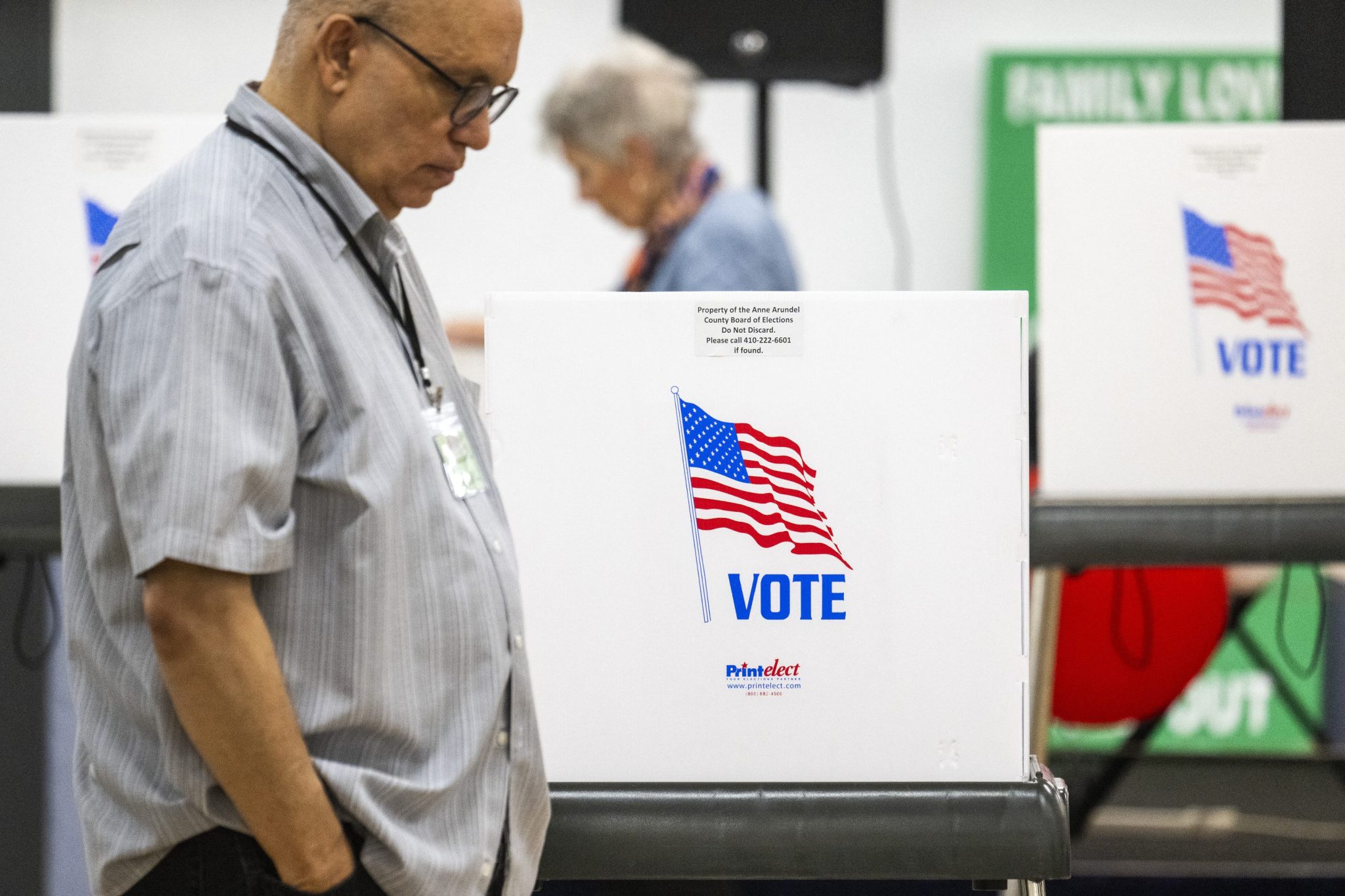In the 2024 election, voters made their decision based on what political strategists long considered to be the central issue of every presidential campaign: the economy.
Exit polls on Tuesday showed a stark partisan divide. Some two-thirds (67%) of voters said the condition of the economy was “not good/poor,” and only 32% thought the economy was “excellent/good.” Among those who viewed the economy negatively, 69% were Republicans and 29% were Democrats, according to the same poll. Only 8% of those with a positive outlook on the economy were Republican while a whopping 91% of people who felt the economy was doing well were Democrats.
Those numbers presaged an insurmountable hurdle for the incumbent Democratic Party. And it appears Vice President Kamala Harris couldn’t outrun the negative sentiment.
The actual state of economic play is more complex. Inflation has come down to 2.4% from a high of 9% in June 2022. But that means prices are growing more slowly, not that they’re low.
“[President-elect Donald] Trump is expected to be largely inheriting a pretty decent economy, with one exception, while inflation rates have fallen back down to earth, price levels are still pretty high,” Glenmede vice president of investment strategy Michael Reynolds said. “And that’s ultimately what matters for households.”
Essentially, Americans are still feeling financial pressure in their daily lives. The U.S. recovery from the pandemic-era economic slump outpaced the rest of the world. But that was little solace for voters struggling with high costs of living, a housing shortage, and a general sense of economic malaise.
Broad macroeconomic trends, even if they’re positive, are far removed from people’s everyday lives, according to Frank Kelly, senior political strategist at the investment firm DWS. “The average mom and pop isn’t looking at the Bureau of Labor Statistics report, right?,” he said.
Any macroeconomic gains were entirely overshadowed by voters’ feelings about the dollars and cents in their own personal budgets. In exit polls voters fretted over the cost of virtually every household staple from food in their pantry to gas in their trucks to the price of their medications. An AP poll of 120,000 voters found that roughly nine in 10 were “very” or “somewhat” concerned about grocery prices, and eight in 10 were worried about the cost of medical care and gas.
Trump succeeded in convincing…
Click Here to Read the Full Original Article at Fortune | FORTUNE…


